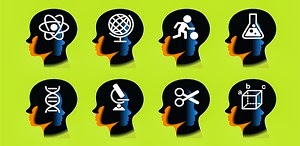Oracle Business Intelligence is a comprehensive business
intelligence platform that delivers a full range of capabilities including
interactive dashboards, ad-hoc queries, notifications and alerts, enterprise
and financial reporting, scorecard and strategy management, business process
invocation, search and collaboration, mobile, integrated systems management and
much more. OBIEE is a comprehensive suite of business intelligence
products for the enterprise delivering an entire range of capabilities of
analysis and reporting. Oracle Business Intelligence enterprise edition
delivers results that are highly scalable and unified with a modern
architecture.
When you learn Oracle Business Intelligence enterpriseedition architecture online you will
get the knowledge to perform the basic functions that will allow you to use Oracle
Business Intelligence enterprise
edition 11g effectively. This course provides relevant and
useful insight not just to the users but to others as well.
Oracle Business Intelligence enterprise edition course helps users access information through
enterprise resource planning (ERP), workspaces, mobile devices, interactive
dashboards on the web, customer relationship management (CRM) applications,
workspaces, Microsoft Office applications and search bars. Oracle Business
Intelligence enterprise edition 11g provides users with consistent and accurate
insight to the data collected. Since the information can be viewed by everyone
authorized and not just the users, it helps all the personnel from an
organization view this information optimized for their role. Learning online
oracle business intelligence course will allow you to take advantage of its
powerful and unique features and thus benefit the organization as a whole.


